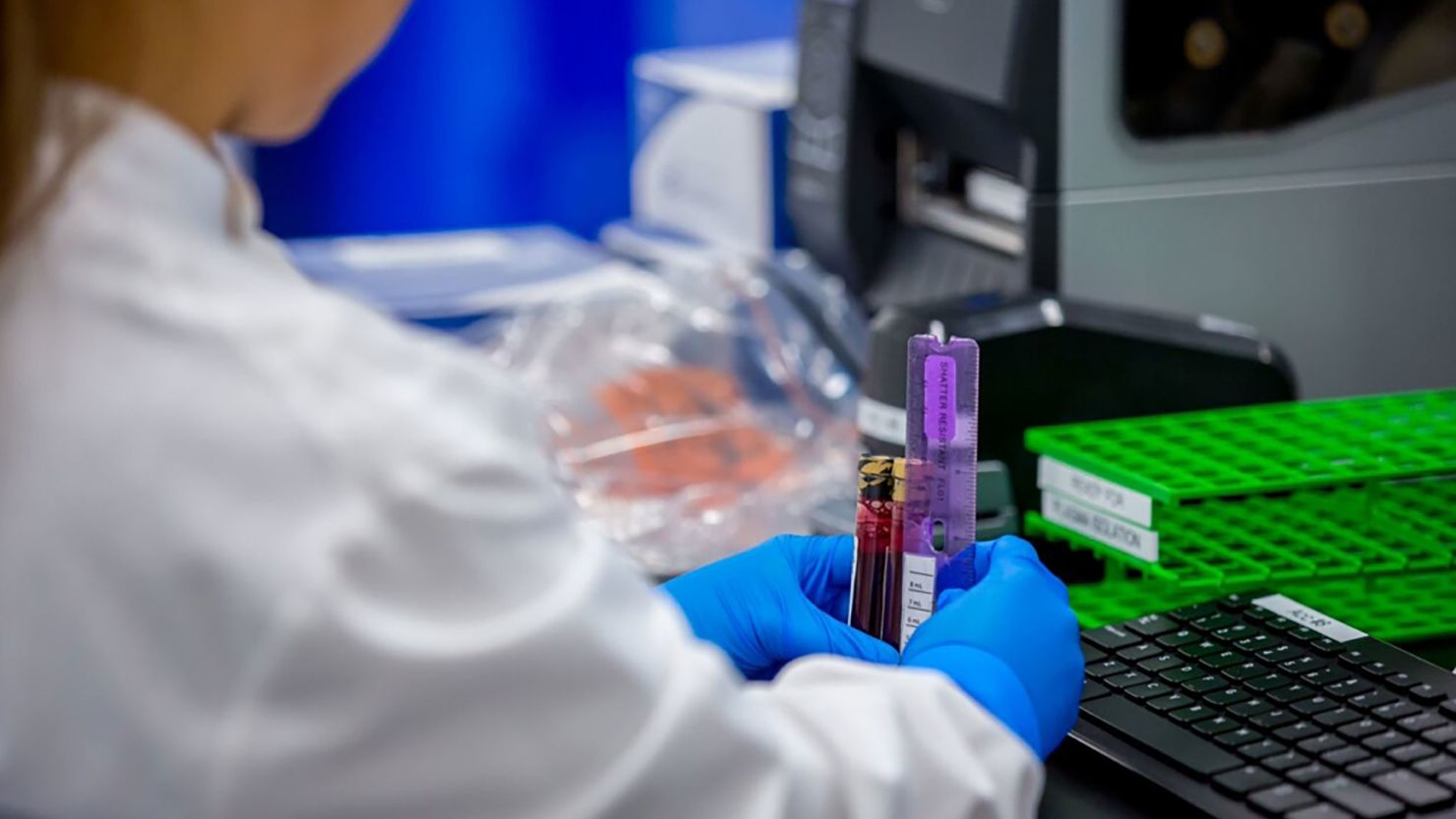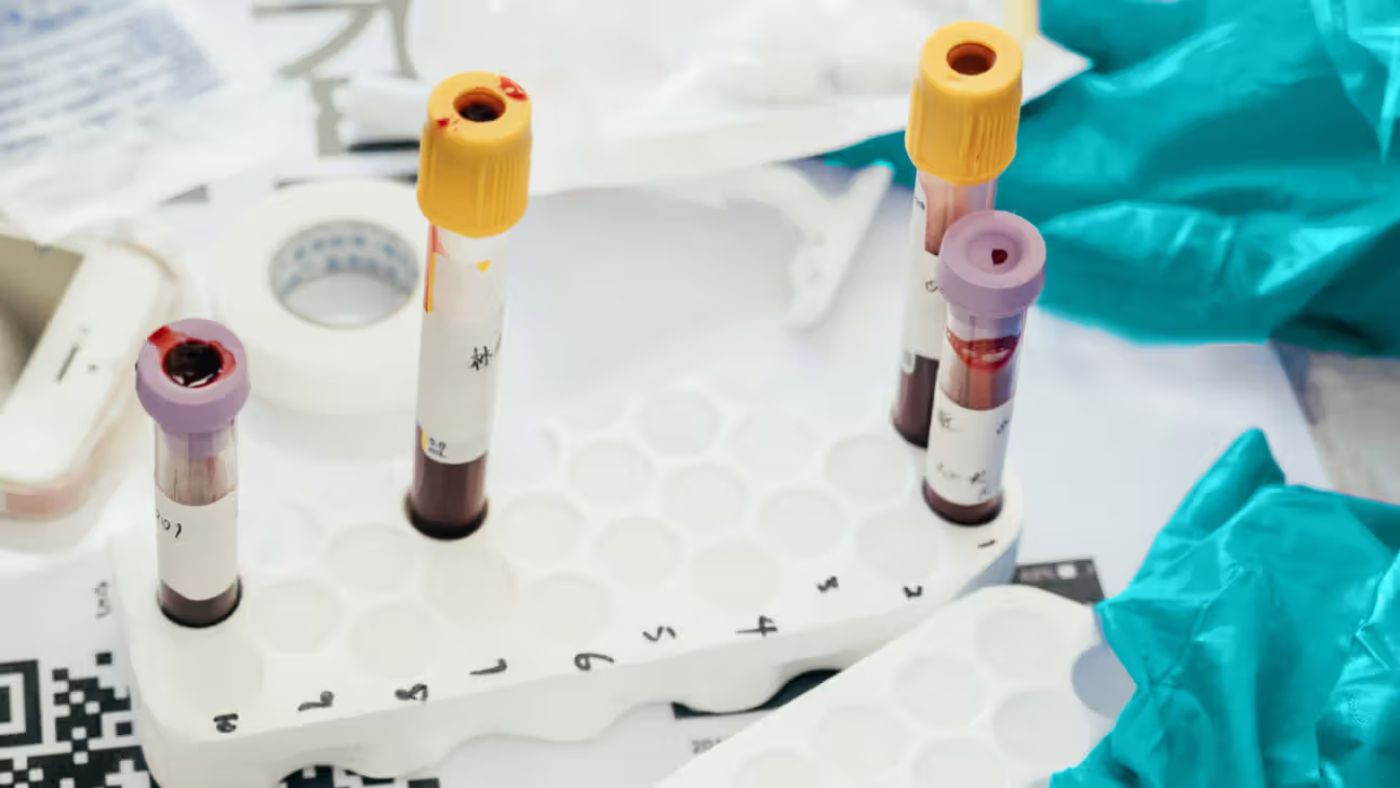A study published Wednesday showcased a promising blood test for colon cancer, offering a novel screening method for one of the leading causes of cancer-related deaths.
The test detects DNA fragments released by tumor cells and precancerous growths.
Currently available for $895 in the U.S., it awaits approval from the Food and Drug Administration (FDA) and is generally not covered by insurers.
Guardant Health, the test’s developer, anticipates an FDA decision later this year.
In the study, the test identified 83% of cancers detected by colonoscopy, the gold standard for colon cancer screening.
However, it identified very few precancerous growths (polyps) that colonoscopies can remove to prevent cancer.
Colonoscopies are highly effective but can be avoided due to logistical challenges like time off work and bowel preparation involving a strong laxative.
An alternative is the annual stool test, where individuals send samples to labs for analysis. “The best test is the one someone will actually complete,” emphasized Dr. Douglas Corley of Kaiser Permanente, Northern California, who wasn’t involved in the study. “Offering choices increases screening rates.”
Screening is recommended for healthy adults aged 45 to 75 at average risk for colon cancer in the U.S. Guardant’s Shield blood test suggests testing every three years, requiring a follow-up colonoscopy for abnormal results, potentially incurring additional costs.
Published in the New England Journal of Medicine and sponsored by Guardant, the study involved 7,861 participants who underwent both colonoscopies and blood tests.

While the blood test detected 83% of cancers found by colonoscopy, it missed 17%, similar to stool-based tests.
There were also false positives: 10% of participants with normal colonoscopies were incorrectly flagged by the blood test, potentially leading to unnecessary follow-up procedures.
Further research is needed to determine if the blood test might detect other cancers and produce misleading results, cautioned Dr. Corley.
Colorectal cancer ranks second in U.S. cancer deaths and third globally. The disease is expected to cause over 153,000 new cases and 53,000 deaths in the U.S. this year.
Dr. William Grady from Fred Hutchinson Cancer Center, a study co-author and Guardant’s scientific advisor, stressed that increased screening should reduce cancer deaths.
In a separate study also published Wednesday in the same journal, an updated version of the Cologuard stool test, which also looks for DNA fragments, showed improved performance on false positives.
Sponsored by Exact Sciences, the study involved over 20,000 participants.
“The more options we have, the better,” remarked Dr. Nabil Mansour of Baylor College of Medicine, not involved in either study.
While he continues to recommend colonoscopies, he expressed excitement about the forthcoming blood test option.
